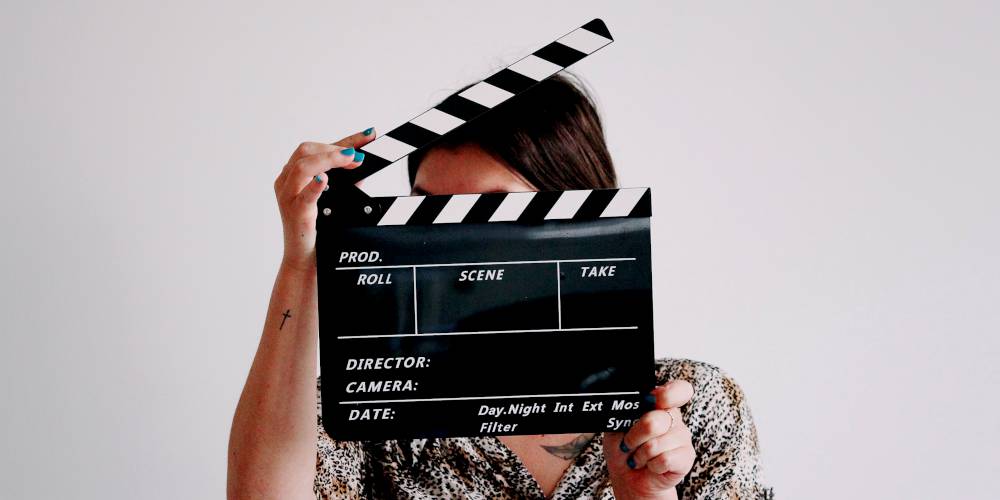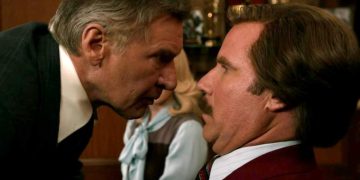No matter the size of the movie budget—from tiny indie projects to multi-million dollar blockbusters—the job of the director is stressful.
There are so many aspects that need to be managed: the cast, the cinematography, the sound, getting the right takes, adapting scenes to changing circumstances, plus any behind-the-scenes drama.
And no matter how much experience you have as a movie director, stress can easily get to your head and cause interpersonal friction.
Of course, some directors are better at keeping a level head and maintaining their composure, while others are quick to reach their limits, unable to handle the pressure, spilling into toxic behaviors.
And then there are those movie directors who have impossibly high standards of perfection, demanding utmost commitment from their cast and crew, leading to toxic work environments.
Here are some of the most difficult movie directors to work with, according to statements and stories made about them.
7. Oliver Stone
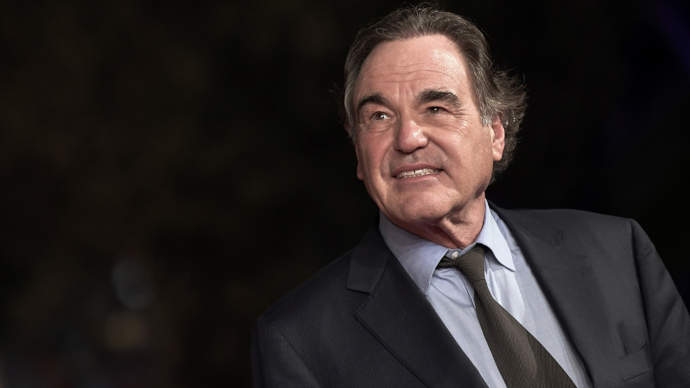
Oliver Stone is a patriot and a great filmmaker, who created several Hollywood classics over the decades, including the likes of Platoon (1986), JFK (1991), and Natural Born Killers (1994).
Oliver Stone apparently based his directorial style on his former drill sergeants from his service during the Vietnam War. Known for being tough and demanding on set, Stone has rubbed many the wrong way.
He's worked with many notable actors, but few have good things to say about him—most notably Sean Penn, who described talking with him as like "talking to a pig."
Jamie Foxx also had similar experiences with the director, stating that the director told him he was "horrible" and told him to "get the f*ck out" of his audition. (However, Foxx also stated that he learned from this toughness and that it inspired him.)
6. James Cameron
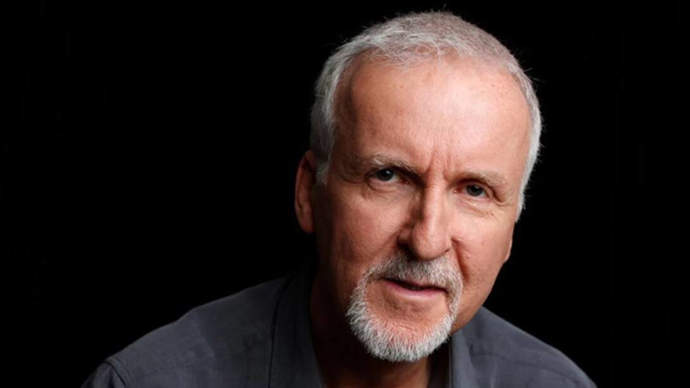
Although James Cameron has turned in blockbuster hit after blockbuster hit, the work environments on his sets are far from nice.
On the set of Titanic (1997), Kate Winslet recalled that he liked to run a tight ship. She was terrified of him due to his incessant shouting, remarking that he has "a temper like you wouldn't believe."
Sam Worthington, star of Avatar (2009), described how James Cameron would nailgun phones to the wall if they went off during a take. Ed Harris, who worked with Cameron on Abyss (1989), described him as an "autocratic" filmmaker who made everyone miserable.
If Avatar 2: The Way of Water (2022) is as successful as his previous films, some will claim that the ends justify his means.
5. Lars von Trier
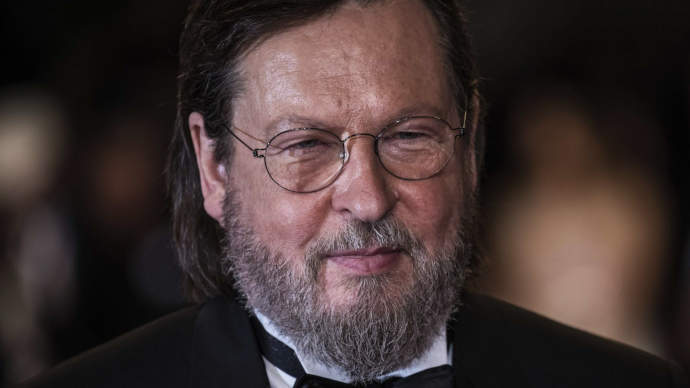
For a glimpse of how this Danish auteur approaches his work with actors, Lars von Trier has remarked that he's like a chef working with "a potato or a bit of meat."
Von Trier prefers his actors to stay in character between takes, which can cause significant strain on the shoot.
While directing Dancer in the Dark (2000), he fought with Icelandic sensation Björk almost constantly. She's spoken to how she had to take breaks for days at a time, and she even accused him of sexual harassment in a public Facebook post in 2017.
Nicole Kidman is another who has lamented the practices of Lars von Trier, claiming that von Trier would get drunk, abusive, and mouthy about how he wanted to tie Kidman up and whip her.
Kidman remarked that she would cry every night while shooting Dogville (2003), yet she still admired Lars as an artist.
4. David Fincher
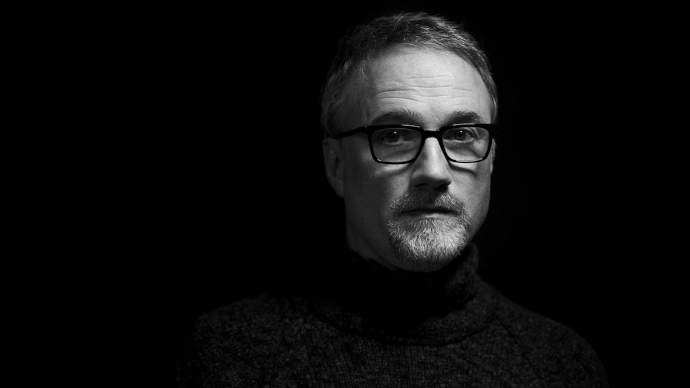
David Fincher is a perfectionist—and in pursuit of perfection, he sometimes falls short in his treatment of cast and crew.
A notorious example comes from his time directing Netflix's Mindhunter: one particular scene was meant to be a nine-minute take, but he forced his cast and crew to shoot it 75 times before calling it quits, amounting to more than 11 hours just to shoot that one sequence.
Fincher also implemented a No-Pee-Break policy on the set of Zodiac (2007), a film for which he shot upwards of 70 takes for every scene. In fact, Rooney Mara was forced to perform one particular scene 99 times before Fincher was satisfied.
Not only was Jake Gyllenhaal pissed off, but Robert Downey Jr. urinated in mason jars and left them around the set in protest. Jake Gyllenhaal eventually came out and said that David Fincher "paints with people" and "it's tough to be a color."
As if to echo this sentiment, acting legend R. Lee Ermey claimed that "Fincher wants puppets. He doesn't want people who are creative." If an ex-Marine drill instructor says you're too demanding, that's quite an indictment...!
3. David O. Russell
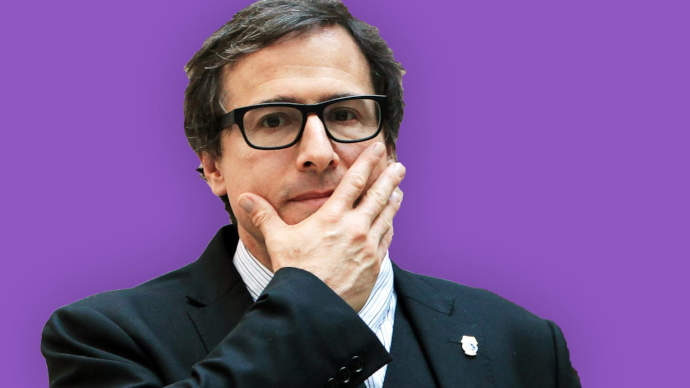
David O. Russell has made many stellar films, including The Fighter (2010), Silver Linings Playbook (2012), and American Hustle (2013). However, he also has a reputation for inexcusable behavior.
For his film Three Kings (1999), Russell only cast George Clooney after everyone else he wanted for the part turned him down—and then made it openly clear that he had no real interest in working with Clooney.
In turn, Clooney described him as "vulnerable and selfish" which would "manifest itself in a lot of yelling."
Things only got worse when Clooney attempted to defend others from Russell's tirades. Eventually, the two came to blows, with Russell headbutting Clooney after he criticized Russell's treatment of an extra.
Other inexcusable behaviors include Russell screaming obscenities at Lily Tomlin, reducing Amy Adams to tears most days on the set of American Hustle, and physically assaulting Christopher Nolan at a party.
2. Stanley Kubrick
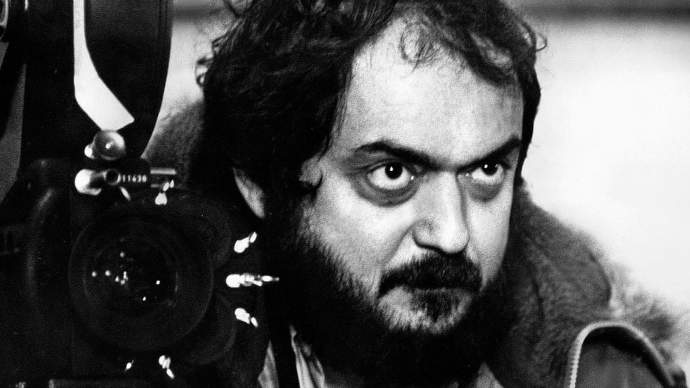
While Stanley Kubrick was an absolute visionary, his reputation forced many to keep their distances from him. No one was exempt from being admonished by the great director.
On the set of Spartacus (1960), he told cinematographer Russell Metty to sit down and shut up, claiming he knew more about Metty's job than Metty did. For the same film, Kubrick also quarrelled with Kirk Douglas incessantly, with the two nearly coming to blows.
Stanley Kubrick had a shady history with screenwriters, removing their credits if he felt like they hadn't pulled their weight.
He didn't pull punches with actors, either. When Adam Baldwin asked what Kubrick wanted from a scene in Full Metal Jacket (1987), Kubrick simply replied: "How about some better acting, Adam?"
However, Kubrick's inhumane and psychologically abusive treatment of Shelley Duvall on the set of The Shining (1980) is what wins him the Most Unpleasant Work Environment Award.
Stanley Kubrick would ceaselessly berate and chastise Duvall, wanting her to feel so much real anxiety that it would spill over into her performance—and it worked.
It worked so well, in fact, that Shelley Duvall not only turned in a great showing, but her hair started falling out as a result of the stress.
1. Alfred Hitchcock
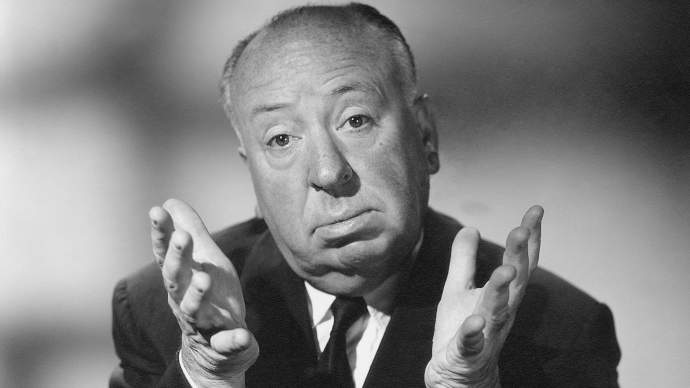
When reviewing the behaviors of old-school master directors, the results aren't always pretty—but it's important to shed light on past abuses of power so that history can stop repeating itself.
Although Alfred Hitchcock is commonly remembered as "Master of Suspense," given his on-set reputation, "Master of Torment" would likely be a more appropriate moniker.
Hitchcock famously remarked that "all actors should be treated like cattle," and his treatment of them certainly reflected that.
Many actresses have come out to describe how hellish it was to work with him, having to reject his sexual advances almost constantly. Tippi Hedren, in particular, recalled inhumane working conditions.
Still, the most disturbing story of all is how Alfred Hitchcock bet a crew member—one week's wage—to spend a night chained up in the film lot. Hitchcock gave him a bottle of brandy to get through the night, but secretly laced it with laxatives.
Whether he was lusting after his actresses or poisoning his crew as "pranks," it's fair to say that Hitchcock easily takes the cake as the most difficult movie director to work with of all time.
